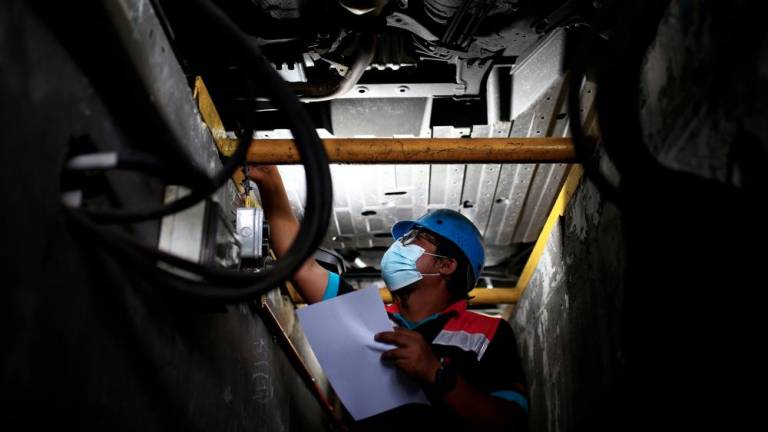KUALA LUMPUR: RAM Ratings expects deflation to continue at 0.2% in February 2019, although less steep than January’s 0.7%, underpinned by the food price component, which is envisaged to rise on the back of low-base effects.
It said price controls had been implemented during the lunar new year festive season in mid-February 2018, thereby taming inflation for food items. Given that the same festivities fell in early February this year, the timing mismatch may well have a notable base effect on this year’s inflation.
RAM has also revised this year’s inflation projection to 1.6%, from the initial 2.0%.
“The lower headline inflation forecast for 2019 is driven by the recent reduction in the fuel price ceiling and also our revised expectations on the cost pass-through and spillover effects from the re-introduction of the Sales and Service Tax in September last year. Our analysis shows that these effects have been minimal thus far,” said RAM head of research Kristina Fong (pix) in a statement.
She said inflationary pressure should trend upwards in the second half of the year, in contrast to the more muted effects in 1H 2019. This trend would be mainly driven by the upward pressure from the proposed switch to targeted fuel subsidies - from the current blanket subsidy system - and low-base effects during the three-month zero Goods and Services Tax period (June-August 2018).
RAM’s base-case scenario of an unchanged overnight policy rate (OPR) of 3.25% this year had originally been premised on the significant downside risks to growth while balancing portfolio outflow pressures. With the US Federal Reserve’s more patient approach to monetary tightening now, the market has priced in at most two rate hikes this year, against the three communicated earlier.
As such, Bank Negara Malaysia is expected to focus on the downside risks to growth, loosening domestic monetary policy if the risks to growth momentum become more pronounced.
“RAM will be closely monitoring economic developments and will revise our OPR projection if necessary,“ said Fong.














